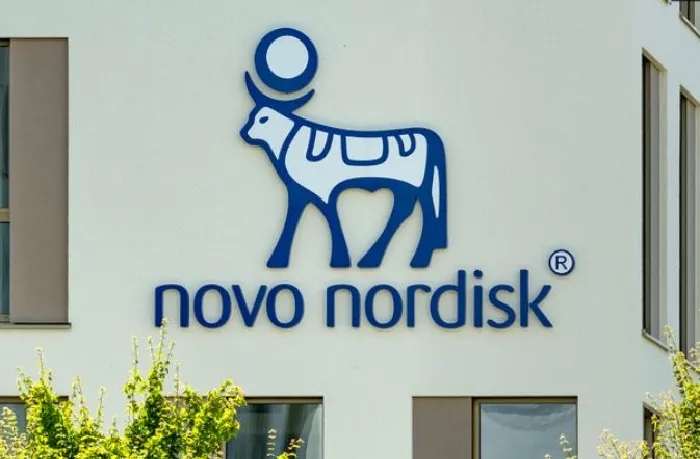Novo Nordisk announced on Friday that it will replace its chief executive, Lars Fruergaard Jorgensen, after eight years at the helm. The decision comes amid a sharp drop in the company’s stock price, driven by growing competition in the market for its popular weight-loss drugs.
The Danish pharmaceutical giant is actively searching for a new CEO to lead the company through a difficult period. Novo Nordisk’s shares have fallen by 50% over the past year, signaling investor concerns over its future growth prospects.
Impact of Competition on Novo Nordisk’s Market Position
Novo Nordisk is best known for its diabetes drug Ozempic and its obesity treatment Wegovy, two of the world’s most recognized medications. The company’s strong performance has helped Denmark’s economy, even influencing the central bank to keep interest rates low through 2023. At one point, Novo Nordisk’s market value surpassed Denmark’s entire gross domestic product.
However, rising competition has begun to erode the company’s dominance. Low-cost generic alternatives, produced through a process called “compounding,” have cut into sales. More significantly, Eli Lilly’s competing drugs, Mounjaro and Zepbound, have gained rapid traction.
Although Novo Nordisk had an early advantage by getting its weight-loss drug approved over two years before Eli Lilly’s, it is losing market share. Recent industry data from IQVIA shows that more U.S. patients are now filling prescriptions for Eli Lilly’s Zepbound than for Novo Nordisk’s Wegovy, and the gap is widening.
Challenges in Drug Accessibility and Insurance Coverage
GLP-1 drugs like Ozempic and Wegovy have gained popularity because they help patients lose significantly more weight than older treatments. Despite their effectiveness, the high cost of these medications has created challenges for patients and insurers.
Many employers who provide health insurance struggle to afford these drugs, leading some to refuse coverage. Medicare generally does not cover obesity medications, and a recent Biden administration plan to expand access was rejected by the prior Trump administration.
Patients who pay out of pocket and do not use insurance can typically obtain these drugs for about $500 a month.
Future Outlook for Weight-Loss Drugs
The market for weight-loss medications is expected to evolve significantly in the coming years. Eli Lilly is developing new treatments, including a daily pill anticipated to generate blockbuster sales.
Novo Nordisk’s future looks more uncertain. Generic versions of Ozempic and Wegovy may become available in some countries as soon as next year, although not likely in the U.S.
The company has filed for regulatory approval of a daily obesity pill, but analysts do not expect this product alone to reverse its declining fortunes.
Additionally, Novo Nordisk is developing CagriSema, a drug that requires less frequent injections. However, early clinical trial results disappointed investors because the weight loss achieved was less than expected.
You Might Be Interested In:
- Woman Infected With Flesh-Eating Virus After Surgery In Türkiye
- Nova Scotia Court Dismisses Tummy Tuck Lawsuit
- Menopause Facelifts Surge With Rise In Tummy Tucks, Nose Jobs


